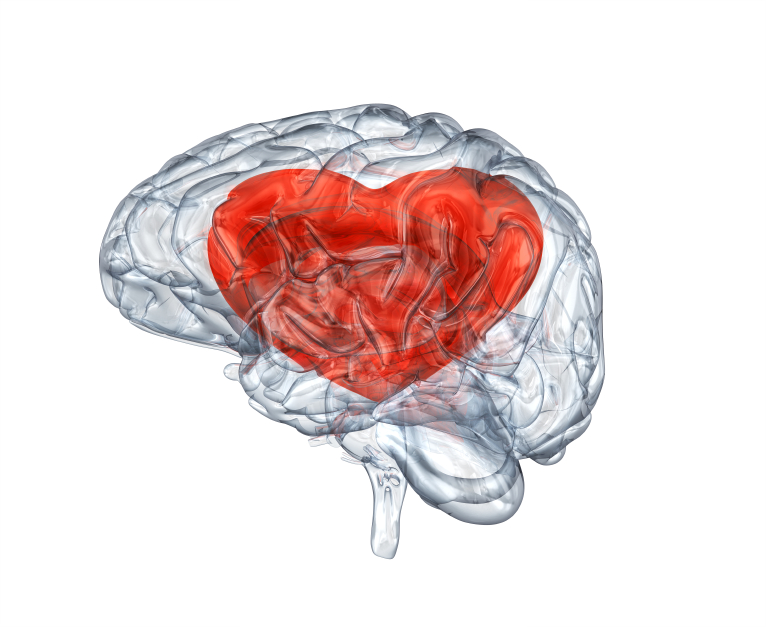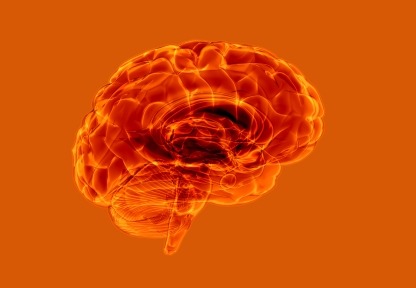
The battle of the bulge is a losing proposition for many Americans. According to data derived from the most recent (2015–2016) National Health and Nutrition Examination Surveys (NHANES), the prevalence of obesity among U.S. adults was 39.8%.(1)
Visceral fat—the deeper belly fat that accumulates around the organs of the abdominal cavity, is linked to many health disorders that include heart disease, type 2 diabetes, high blood pressure (hypertension, and dementia.
With the evidence mounting on the associations between obesity, heart disease (CVD), and type 2 diabetes (T2D), to an increased risk for Alzheimer’s disease, an increased awareness of these associations and how it is all connected, now appears regularly in many popular news feeds. (more…)

In a recently published study—NutriNet-Santé (10/2018)—that included the analysis of dietary records of 84,158 French adults that spanned between May 2009 and June 20017— the study authors concluded found that “Higher intakes of polyphenols, especially anthocyanins and catechins (flavan-3-ols), were associated with a statistically significant decreased cardiovascular disease risk.”(1).
The polyphenol intake was primarily derived from coffee (49%), tea (23%), fruits (17%), vegetables (8%), and wine (5%). (more…)

The role of chronic inflammation in degenerative diseases associated with aging is considered to be a primary vector for the progression of neurodegenerative disorders and a powerful factor that underlies their etiology.
One needs only to look at the leading causes of mortality—heart disease and stroke, and the research models of inflammation that clearly link the pathogenesis of these disease processes in aging individuals to understand that inflammation and chronic degenerative disease are inseparable.
Since inflammation is central to aging-associated disease processes, it has been heavily investigated in models of neurodegeneration. In Alzheimer’s disease, several studies have sought to clarify whether inflammation is a causative stimulus, or a concomitant feature of the disease process. (more…)








